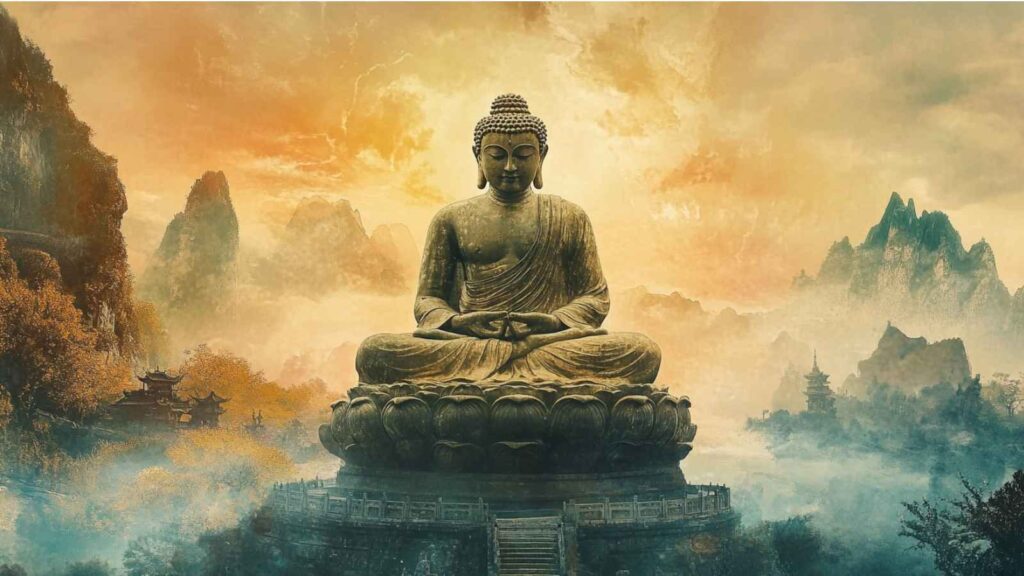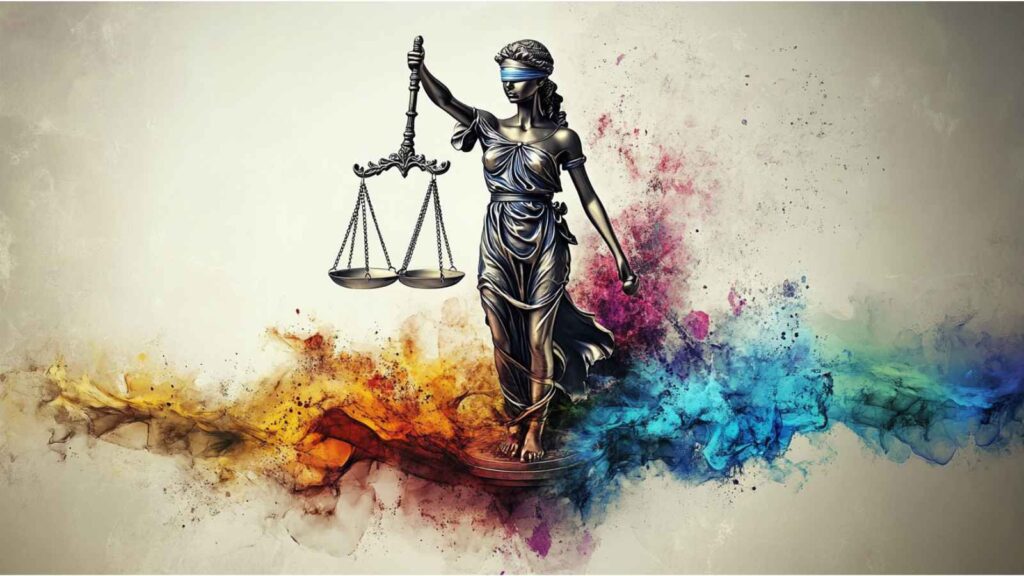Interpreting Dharma in the Modern Context: Rights, Duties and Balance
Dharma—often rendered as “duty,” “law,” or “righteousness”—is a core pillar of Hindu philosophy that underpins individual conduct, social harmony, and cosmic order Wikipedia. In today’s complex world, interpreting Dharma requires reconciling traditional notions of rights and duties with contemporary challenges such as human rights, environmental ethics, and workplace responsibilities. This article explores the evolution of Dharma from its Vedic roots to modern applications, examines how rights and duties interrelate, and offers practical frameworks for living a balanced, ethical life in the twenty‐first century.
Read More About sacred texts
Introduction
Dharma (dhṛ) literally means “that which sustains” and serves as the moral compass for upholding societal and cosmic equilibrium Wikipedia. Unlike Western legalism, Dharma is inherently contextual—varying by one’s stage of life (āśrama), social role (varṇa), and personal nature (svabhāva) Wisdom Library. Modern interpreters of Sanātana Dharma emphasize its universal relevance, arguing that the ancient code can guide global concerns such as environmental stewardship, corporate ethics, and individual well‐being OUP Academic.
Historical Foundations of Dharma

Vedic and Upaniṣadic Origins
Vedic literature first frames Dharma as ṛta, the cosmic order that governs the universe, linking human conduct to natural harmony Wikipedia. The Upaniṣads deepen this notion by identifying Dharma as an inner principle of truth (satya) and self‐realization (ātman) that transcends ritual obligations Wikipedia.
Purushārthas Framework
Classical Hindu thought situates Dharma among the four purushārthas (goals of life): Dharma (ethical duty), Artha (prosperity), Kāma (desire), and Mokṣa (liberation) Wikipedia. This framework underscores that ethical living (Dharma) is foundational to material success (Artha), healthy relationships (Kāma), and spiritual freedom (Mokṣa).
Dharma‐śāstras and Codification
Over centuries, Dharmasūtras and Dharma‐śāstras codified social and legal norms—ranging from individual rites to statecraft—while allowing interpretive flexibility to address evolving social contexts IJNRD.
Conceptualizing Rights and Duties

Defining Rights in Dharma
In Hinduism, rights (adhikāra) are not absolute entitlements but arise from one’s role and context—such as a student’s right to education or a citizen’s right to just governance Wisdom Library. These rights are balanced by corresponding duties to maintain social harmony and cosmic order.
Understanding Duties in Dharma
Duties (kartavya) in Dharma encompass ethical behaviors like truthfulness (satya), non‐violence (ahiṁsā), and compassion (dayā) that are universally valued, as well as role‐specific obligations—such as a teacher’s duty to impart knowledge Ramana Maharshi.
The Interplay of Rights and Duties
Rather than independent concepts, rights and duties in Hindu thought are reciprocal: exercising a right implies a duty to others, and performing a duty often secures one’s rights. This mutuality fosters an egalitarian complementarity in social relations Digital Commons.
Dual Paths: Pravṛtti and Nivṛtti Dharma
Dharma offers two paradigms for balancing worldly engagement and spiritual liberation:
- Pravṛtti Dharma (active path): Focuses on fulfilling social duties—family, profession, civic engagement—while upholding righteousness cshc.substack.com.
- Nivṛtti Dharma (withdrawn path): Emphasizes introspection, renunciation of excess, and pursuit of Mokṣa through meditation and ethical detachment cshc.substack.com.
Modern life often demands integrating both paths—remaining socially responsible while nurturing inner growth.
Modern Interpretations of Dharma
Gandhian Perspective
Mahatma Gandhi reframed Dharma as swarājya (self‐rule) achieved through satyagraha (truth force) and ahimsa (non‐violence), asserting that individual and collective rights must align with moral responsibilities Mahatma Gandhi.
“Dharma is the eternal law of the universe and the foundation of human society,” wrote Gandhi, emphasizing its primacy among Purushārthas Mahatma Gandhi.
Secular and Pluralistic Views
Contemporary scholars argue that Dharma’s universal ethics can bridge religious, cultural, and national divides—offering a pluralistic ethos rooted in mutual respect and cosmic interdependence LinkedIn.
Jurisprudential Analysis
Jurisprudence scholars have explored how Dharma underlies modern legal rights and duties, noting that its principles of justice (Nyāya) and welfare (Lokasaṅgraha) can inform constitutional frameworks and human rights discourses ResearchGate.
Applying Dharma in Contemporary Society
Workplace Ethics and Corporate Responsibility
- Ethical Leadership: Embrace Dharma by prioritizing transparency, fairness, and stakeholder welfare over profit maximization ResearchGate.
- Corporate Social Responsibility: Reflect Dharmic values through sustainable practices, equitable labor policies, and community engagement.
Human Rights and Social Justice
Indian constitutionalism integrates Dharma’s ethos by safeguarding fundamental rights—equality, freedom of speech, cultural rights—while mandating duties toward the state and society The Law Institute. Activists draw on Dharma to advocate for gender equality, caste reform, and minority protections.
Environmental Stewardship
Hindu environmental ethics frames nature as an extension of the divine (sarva‐bhūta‐hita) and mandates duty toward all living beings bgci.org. Key developments include:
- Hindu Declaration on Climate Change (2009): Calls for collective action grounded in Hindu teachings to protect the planet Ethics & International Affairs.
- Bhumi Project (OCHS): Mobilizes Hindu communities globally through pledges, campus events, and temple initiatives to combat climate change Wikipedia.
Personal Development and Well‐Being
Modern Dharma encourages:
- Mindfulness and Meditation: Cultivating inner balance to perform social duties with clarity.
- Ethical Consumption: Aligning lifestyle choices—food, fashion, technology—with values of non‐harm and sustainability.
Framework for Balancing Rights and Duties
- Self‐Assessment: Identify your roles (student, parent, professional) and related rights and duties.
- Prioritize Dharmic Values: Embed honesty, non‐violence, and compassion in decision‐making.
- Set Boundaries: Harmonize Pravṛtti and Nivṛtti by scheduling time for community engagement and personal reflection.
- Align with Universal Principles: Advocate for justice (Nyāya), welfare (Lokasaṅgraha), and environmental care.
- Continuous Reflection: Regularly evaluate actions against ethical benchmarks drawn from scriptures and lived tradition.


